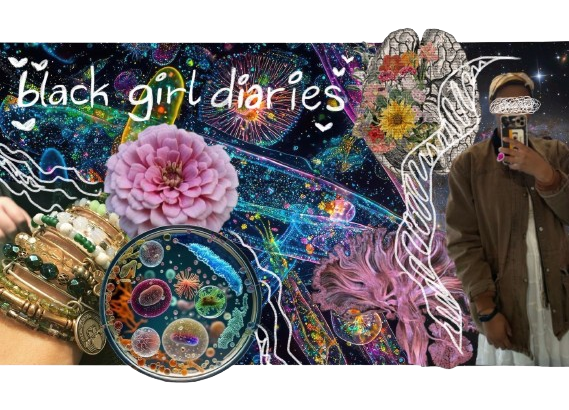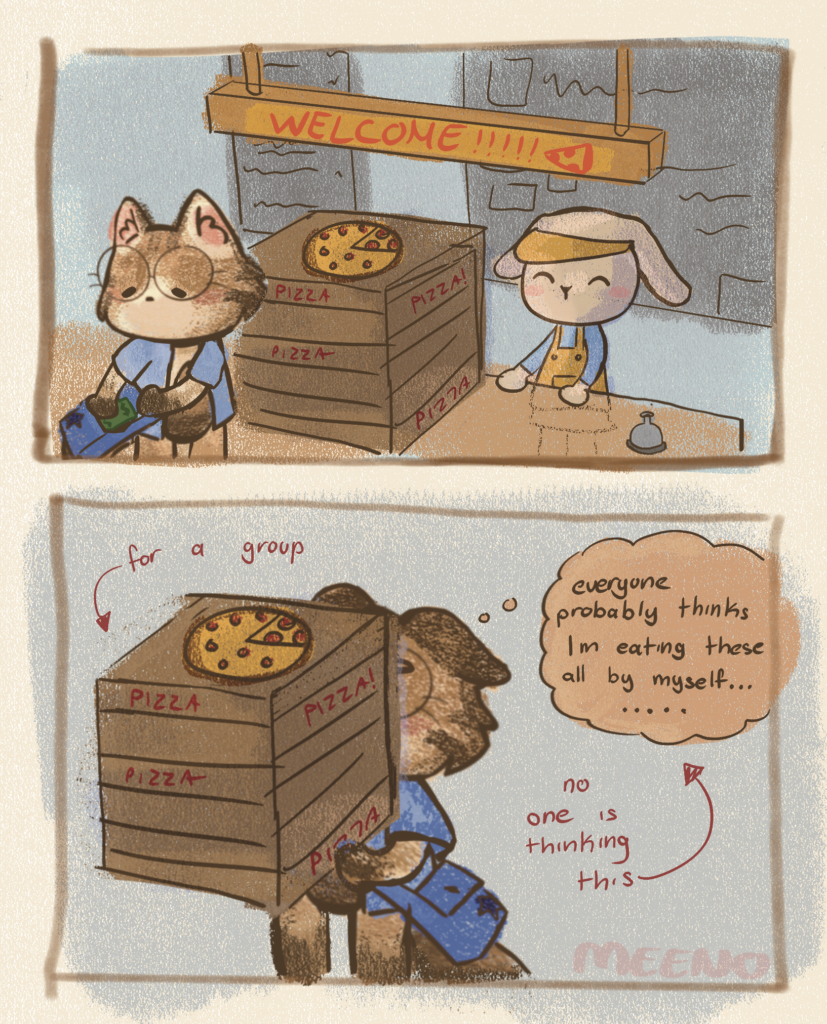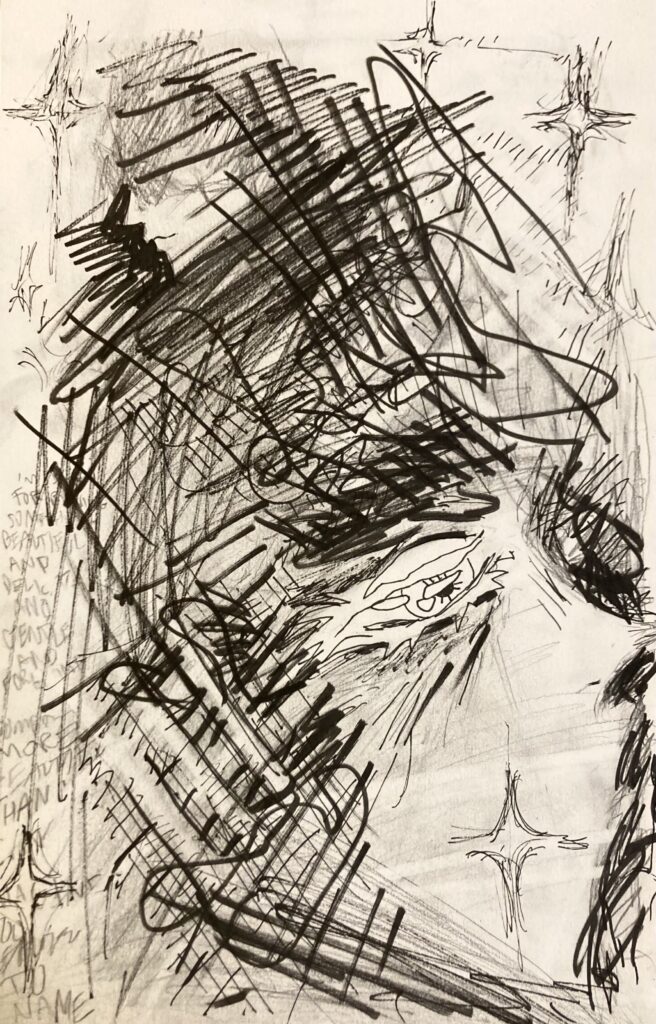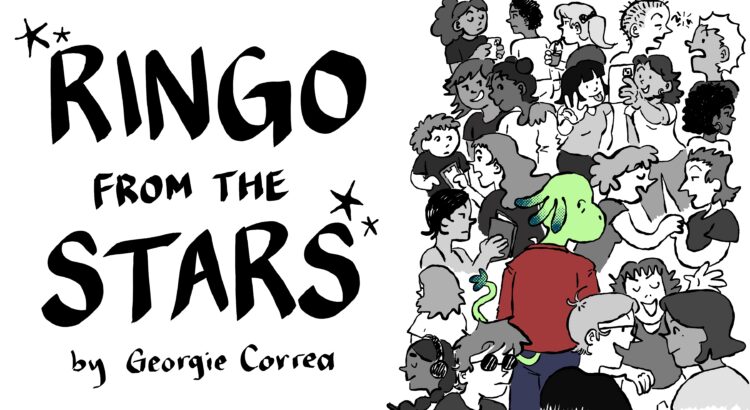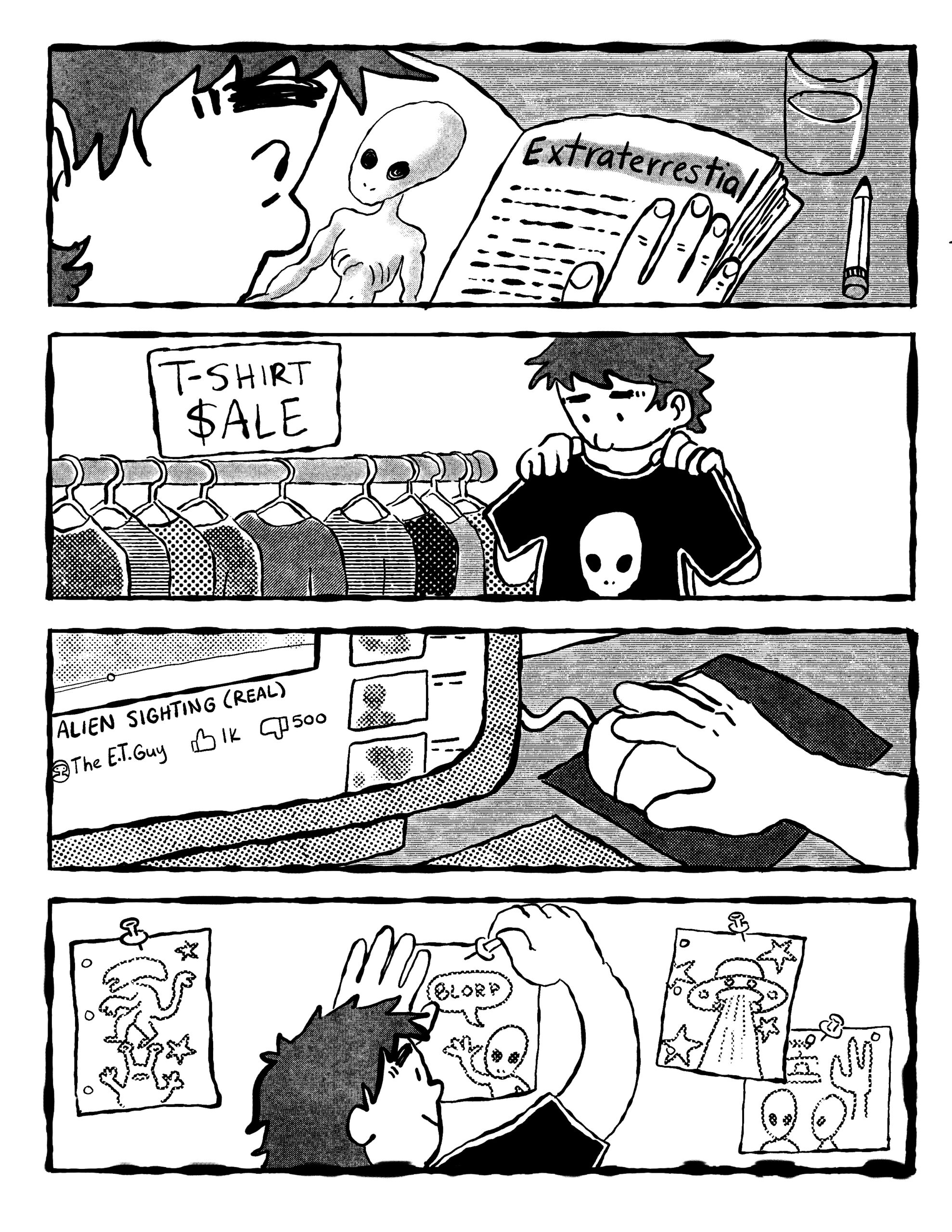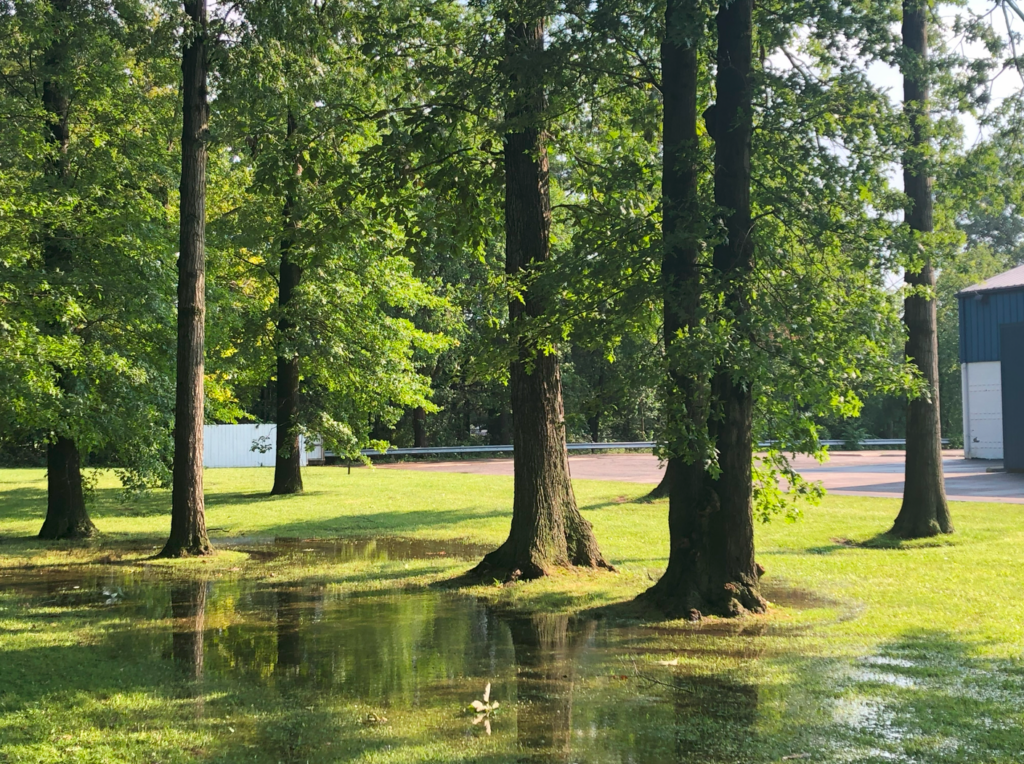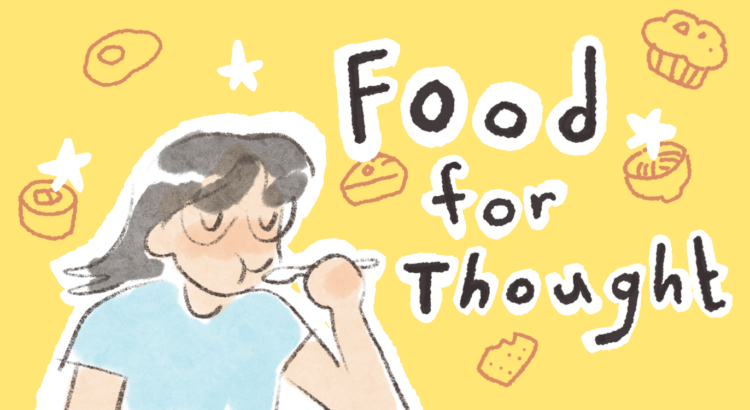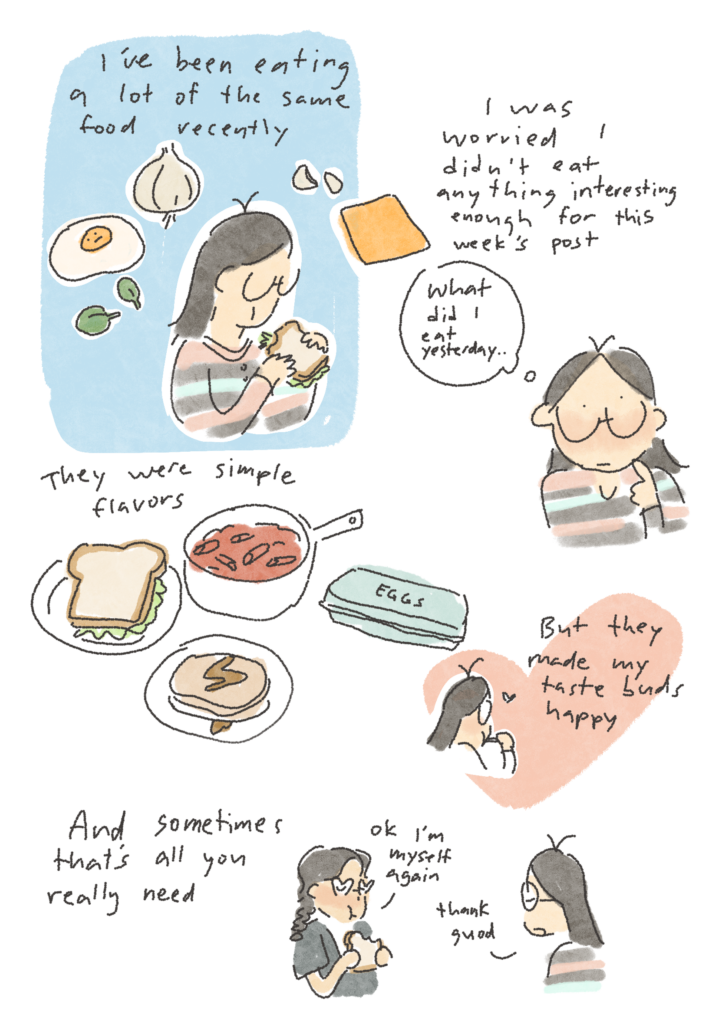i hope everyone’s been eating well recently, and staying hydrated. if you haven’t drank water yet today this is your sign to do so!
this week’s diary sketch (◡̈ ):
this week’s diary entry(˶′◡‵˶):
i’ve been on masculinizing HRT for over 3 months. during this process my body has already experienced numerous unfamiliar changes, but the one that’s been affecting me the most is also the one that i didn’t expect. outside of a (honestly much needed) breakdown on my birthday, i haven’t cried in the past 4 months. i knew beforehand that a change in my emotions was possible after starting HRT, but this was something that i hadn’t seen much about online.
pre-T, i usually cried at least once a month. while there were some longer “cry-less” periods, they were generally few and far in-between. now, while i feel like i have a clearer view of my emotions, i also feel like i’m unable to feel them as intensely. i can still laugh and feel joy, but everything else feels muted, like i’m emotionally blunted. i never thought i’d miss the feeling of being deeply upset, but now it almost feels suffocating without the cathartic release of crying.
i recently talked about this with a trans femme friend of mine. they shared that pre-E, they felt similarly to how i do now. but after being on estrogen for years, they’ve found that they can feel their emotions much more deeply than before. last friday, when we watched “Eternal Sunshine of the Spotless Mind” together, there were times when i felt that i should’ve been moved—like i should’ve felt something deep, maybe even teared up. a few months ago, i probably would’ve. but i could barely feel anything at all, and that was frustrating. i could only squirm on my couch, feeling only the tiniest bit of emotion, as something absolutely devastating happened on-screen.
it’s a shame that studies on trans and non-binary people who’ve medically transitioned in some way are relatively scarce. not only does it prevent genderqueer people from having information about gender-affirming care, i think it’s also just an incredibly interesting topic. hormones like T and E are the emotional regulators of the body, and switching from one to the other is known to cause changes, broadly speaking. but how much are the “sex-related behaviors” we typically associate with “men” and “women” a result of hormones, and how much is due to social conditioning and other external factors?
for example, there’s a stereotype that “more T = more anger/aggression,” but we can’t really know if that’s true. and if some pattern does exist, how much of that is a result of how cis men are socialized, versus the fact that T is known to tighten tear ducts, which might make crying less of an emotional outlet? it might mean that people with higher T find other ways to express their emotions, which could look more aggressive—like yelling or wanting to hit things. if i had to guess, it’s probably some combination of all of the above: culturally defined gendered behaviors, hormones, and other factors that we don’t often account for.
my friend once complained to me about a man she’d gone on a few dates with, who mentioned that he hadn’t cried since he was a young teenager. she had no ill will against him, but was genuinely taken aback how someone could be so “emotionally stunted”. it reminded me of what my mom once told me about my dad, how the only time she’s seen him cry in over 30 years of marriage was at his father’s funeral. while i value the emotional clarity i’ve gained these past months, i can’t help but commiserate with those unable to cry. finally being able to cry on my birthday (in what was a culmination of bad memories, overstimulation, lack of seclusion, and overwhelming emotions), was extremely refreshing. it had felt like a dam breaking open. i can’t imagine going years–even decades–without that release.
i’m not trying to speak for how men feel their emotions—this is all my experience. but i do feel like i can understand some of the people in my life a little better now. at the very least, this experience has made me consider their internal experiences more. i wonder how my father, who’s always felt like a closed book to me, feels everything. while i always understood on some level that others process and feel their emotions differently than i do, it wasn’t until this experience that i was able to truly feel it.
i’m not looking to fully transition, so i know i won’t be on T forever. but it’s something that i’m still glad i started, even with some of these unexpected changes. i also know that this is just my personal experience on T—again, i’m not speaking for how either trans or cis men feel their emotions. many trans-masc people don’t feel any emotional blunting at all. for all i know, this could be an unrelated issue, or something that completely changes once my hormones are more balanced. but i can say this experience has given me insight on my own gender expression, and made me reflect on gender in a broader societal context as well.
-dai
⊹ ₊ ⁺‧₊˚ ♡ ପ(๑•ᴗ•๑)ଓ ♡˚₊‧⁺ ₊ ⊹
weekly recommendations!!
- book: Ma and Me by Putsata Reang
- album: Souvlaki by Slowdive
- show/movie: Eternal Sunshine of the Spotless Mind
- food: Gobi Manchurian

